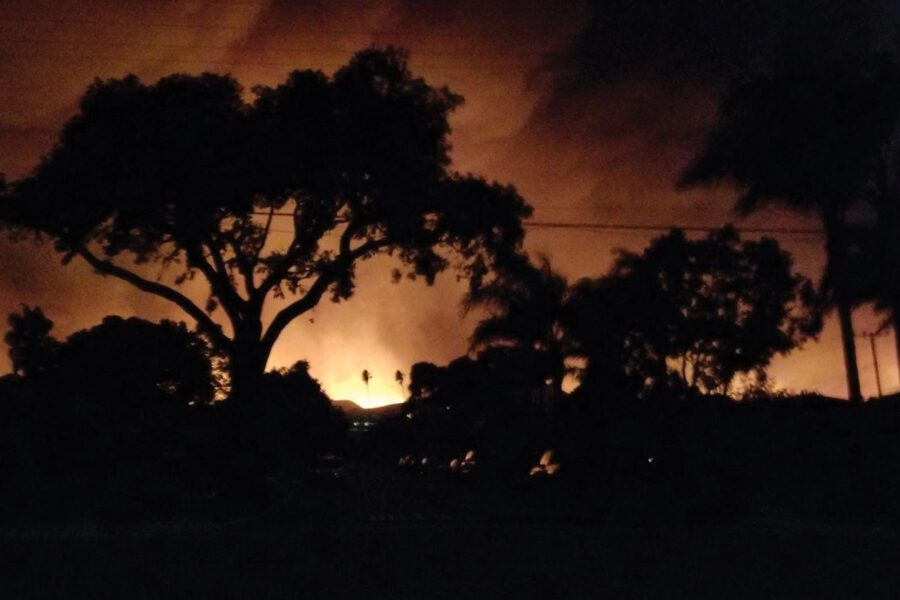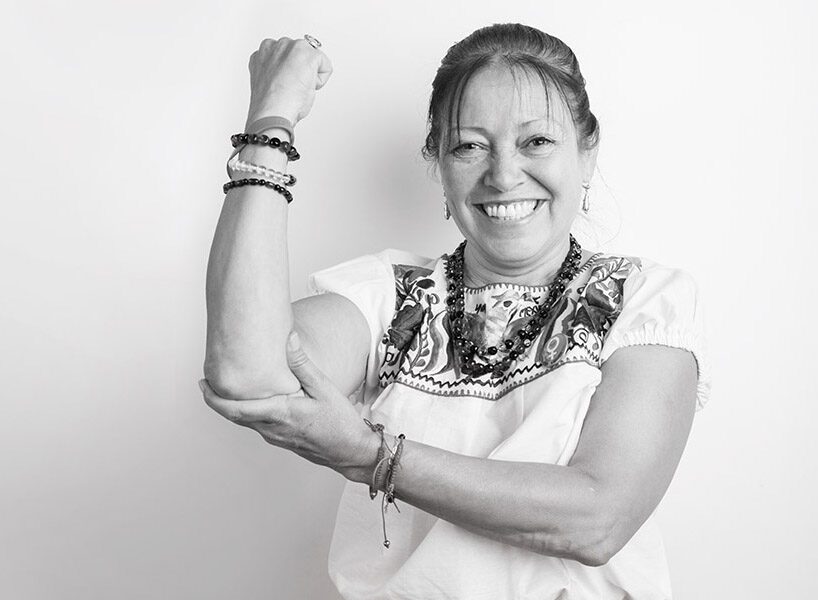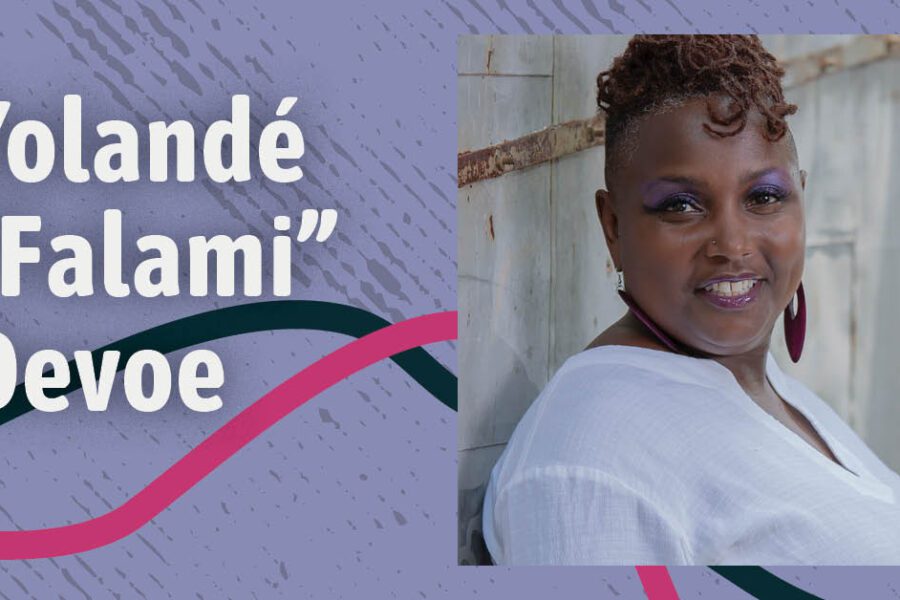A group of children collect and count acorns; another group makes “soup” with water from a puddle, pine cones, and grass. Later they climb on, and sometimes slip off, logs; they examine earthworms and other bugs they have found; collect mushrooms, make flower tiaras, and discuss what might have caused a tree to fall.
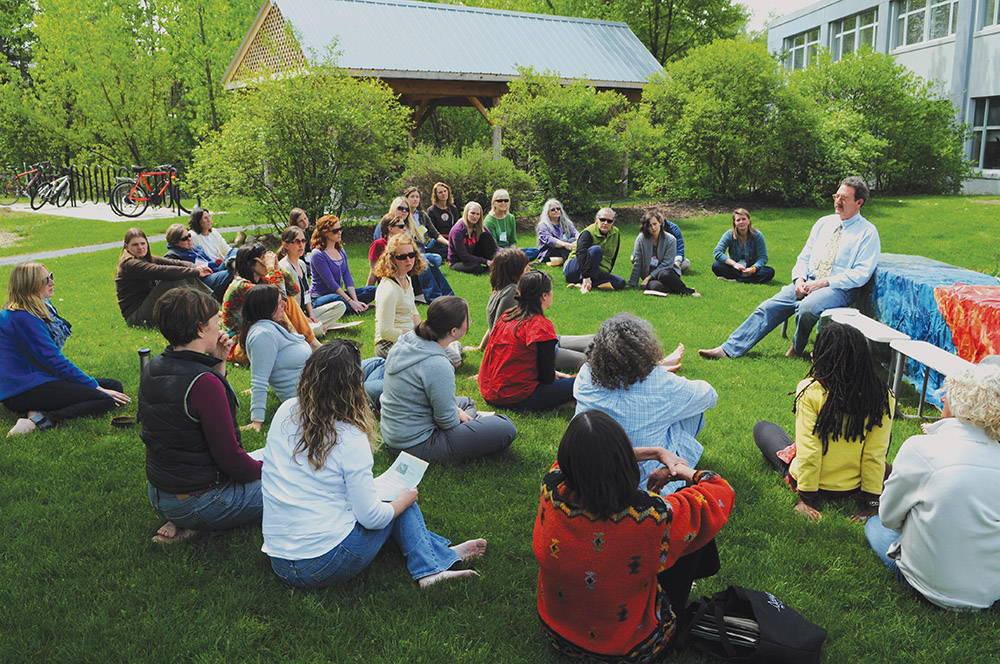
David Sobel ’72, senior core faculty member at Antioch New England, has spent the last 40 years working in the fields of child development, place-based education, and parenting with nature. He is one of the nation’s leading experts on nature-based childhood education. “Young children need more nature in their lives,” Sobel says, and nature-based education is a way to make sure they get it.
“Positioning nature at the heart of the curriculum stimulates creativity, arouses curiosity, and gives children a deep respect for the outdoors,” Sobel says.
The forest schools movement has been thriving in Europe for the last three decades and has recently taken root in the United States. Nature-based early childhood education places kids outside for periods ranging from one day a week to every day. Over the past decade, more than 250 schools around the country have adopted it.
“While students are engaged in these projects, they learn language arts, math, science, social studies, as well as essential problem-solving and social skills through their involvement with nature,” Sobel says.
Sobel has written or co-written eight books on nature-based education, including his most recent book, Nature Preschools and Forest Kindergartens: The Handbook for Outdoor Learning (Redleaf Press, 2015). Nature Preschools gives early childhood educators a roadmap for teaching in outdoor classrooms.
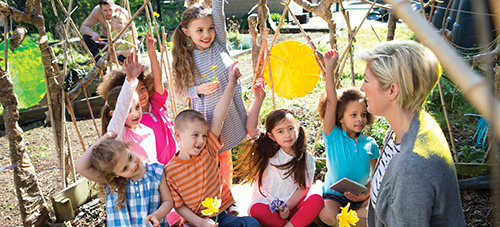
Children in nature-based programs have plenty of unstructured playtime in which to interact with each other. There is more space given for kids to work out their own issues, which helps their social interaction skills and problem solving. “The children learn resiliency, confidence, and perseverance, which are the foundation for increased motivation and improved academic performance,” Sobel says.
Being outside gives the kids a chance to restore their attention, so that when the teacher calls the group together to learn letter recognition using “forest pencils” (sticks), they can stay engaged.
Both the New England and Santa Barbara campuses offer a Nature-Based Early Childhood Education Certificate that trains teachers, administrators, and founders of nature preschools and forest kindergartens. It is one of the only higher education programs of its kind in the country.
Sobel collaborates with colleague Ellen Doris to offer the In Bloom conference series across the country. The conferences share the work of some of the best nature-based early childhood educators. Each conference features nationally and internationally recognized speakers and workshops led by local practitioners. In Bloom events have been held across the country, in Jackson, WY; Brattleboro, VT; and Asheville, NC to name a few. All In Bloom events focus on the educational and health benefits of children being in the natural world.
“When you play together, create artwork together, sing together, or do something together, that has an inherent community-building aspect, and that’s more true than if you sit in a room and listen to somebody talk at you and have no interaction with the people around you,” Sobel says. That theory is true for the adults who attend In Bloom, and it is just as true for the kids they teach back at home.
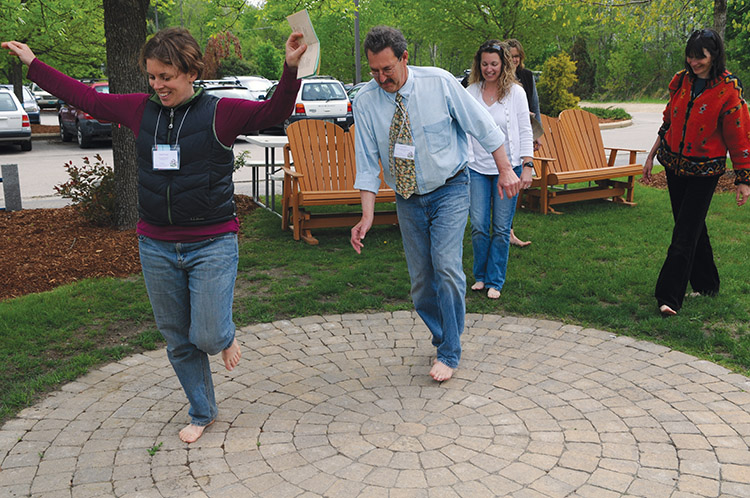
Harriet Hart, who earned her MEd from Antioch New England in 2016, teaches at a forest preschool in Montpelier, VT. “I’m outside every day with preschoolers and it just feels like the right thing for them,” Hart says. “Nature-based education is focused on love, respect, and being a part of the natural world.” Hart found her way to Antioch after reading Sobel’s book, Wild Play (Sierra Club Books, 2011).
Sobel fervently believes that all children can benefit from nature-based early childhood education, and these programs and educators fully prepare young children for successful academic careers and fulfilling personal lives. “Academic achievement is important, but the sole function of a school shouldn’t be to turn out good test-takers,” says Sobel. “Students need to explore their communities and environments so they develop context and understand the world around them to become thoughtful, impactful and civic-minded leaders.”


